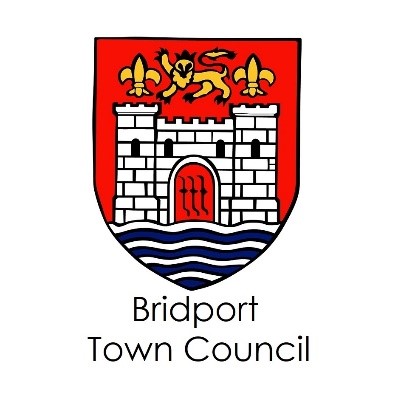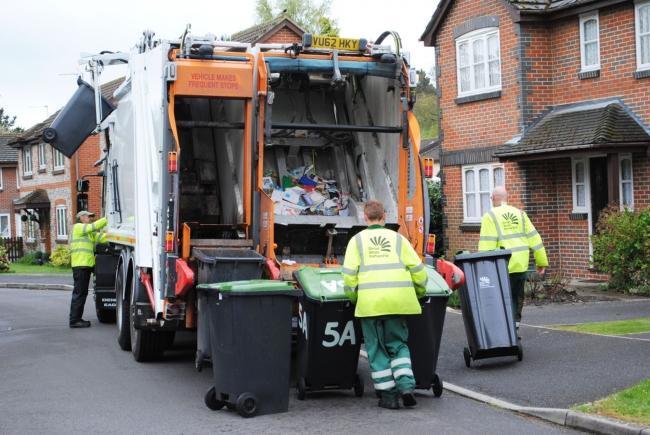
What happens to our waste?
One of the side effects of the Christmas season is a significant spike in the amount of waste generated. Everything from wrapping paper to food waste increases during this period and it takes several weeks for our waste collection and disposal systems to cope with the additional volume. In a recent Blog I talked about ways in which we can reduce both the volume of waste material and how we can make that which we do generate greener. Whilst everything we can do as consumers and waste generators helps mitigate the environmental impact of our lifestyles, it is inevitable that we will continue to generate waste that has to be collected and dealt with in some way.
As residents we diligently fill our various bins and a lorry arrives to empty them, or we take our unwanted items and materials to the recycling centre and that is it. But what happens next to the domestic waste produced by Dorset residents.
The presentation below, produced by Dorset Waste Partnership’s Ian Manley, gives you a comprehensive insight into what happens next in what for most of us is a hidden and mysterious world .
The net result of all this effort was that residents and businesses in Dorset, thanks to the support and efforts of Dorset Waste Partnership, for the 2020/21 fiscal year, have according to the latest DEFRA data, increased the amount of waste sent for recycling, reuse or composting from 58.9% to 60.1%. Not only that, out of over 330 councils nationwide, this makes Dorset the 8th best performing council in England, and the 3rd best unitary council. This is excellent news and everyone along the Dorset waste chain, including residents, deserves a pat on the back.
But we can always do more. We can all ask ourselves what we as individuals can do to reduce the waste we generate by giving more thought to what we purchase and produce.
Did you know that the technology exists to record the weight of waste produced by individual households? A chip embedded in the bin, unique to each househild, records the weight as it is lifted into the back of the bin lorry and people are charged accordingly. It is a system already in operation in Ireland and some other countries. Could this be a possible way forward in encouraging people in the UK to reduce the volume of waste they generate? I would be interested to hear your thoughts.
Some months ago I posed the question, ‘What happens to all the dog poo collected from dedicated and general litter bins?’ I spoke to Ian Manley about this and he has kindly provided the following answers to my questions.
What happens to the dog poo bags that are placed in dog waste bins and general litter bins?
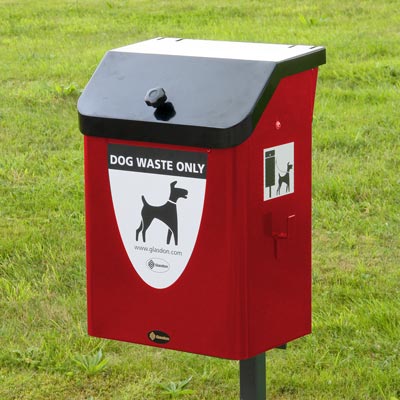
They are treated in the same was as all the other waste including waste from black lidded bins from kerbside collections. In Bridport’s case this material is delivered and bulked up at the local waste transfer station at Broomhills. It is then transferred to the New Earth Solutions Mechanical Biological Treatment (MBT) facility nr Canford Arena in Dorset. Here the waste is first shredded then screened. The bags, as an inorganic fraction, will likely end up being bailed up with the other wastes to be sent for energy recovery outside of Dorset because we do not have the facilities within Dorset to do this. These facilities may be in the UK but also in Europe. This will depend on economic conditions.
What impact, if any, do they have on how black sack waste is dealt with?
There is no significant impact of this waste being included in this waste stream. However mechanical shredding and screening machinery does need to be industrially cleaned by members of contracted staff. Large accumulations of this material from time to time do make this task very unpleasant.
Could dog waste in biodegradable bags be added safely to home compost heaps?
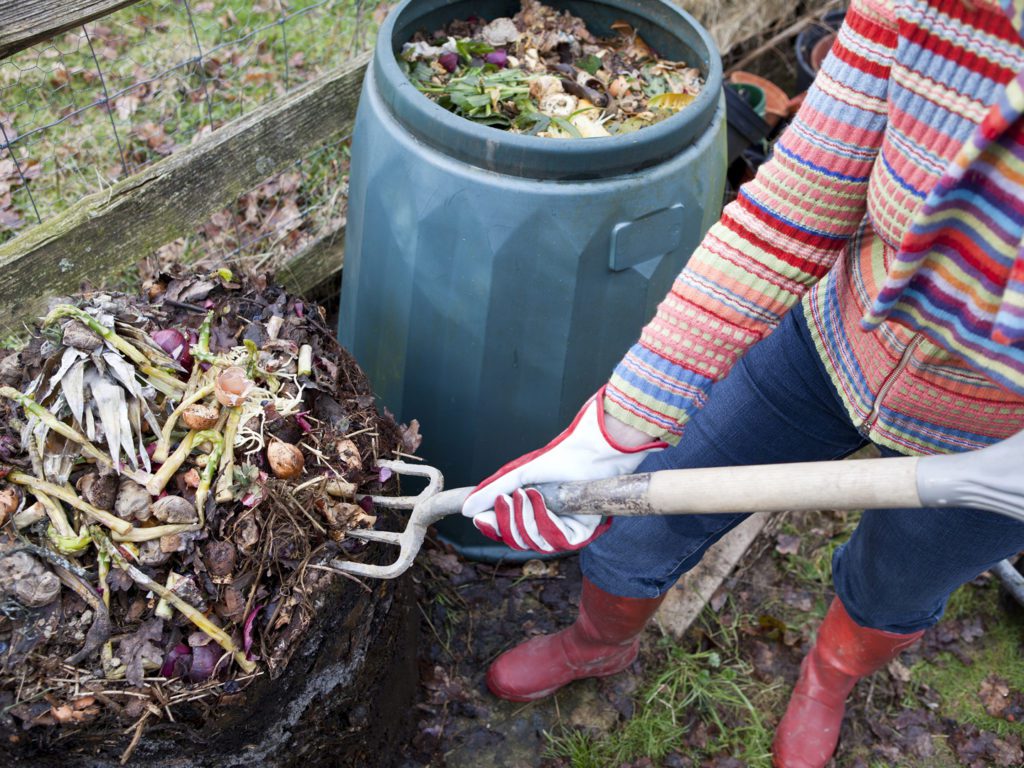
This is not something the council currently advises as part of its home composting promotions. This is based on a safety focused approach and inconsistency of home composting techniques not guaranteeing that sufficient temperatures could be generated to kill the wide variety of pathogens present in poo.
Could dog waste in biodegradable bags be added to garden waste bins and dealt with safely in commercial composting systems which reach higher temperatures?
This is technically possible however all composted produced from Dorset garden waste needs to conform to PAS100. By achieving this standard the material is no longer classified as waste. It can be sold as a quality product and it is removed from the scope of waste management legislation. The inclusion of dog waste would prevent this compost meeting this specification, effectively removing all other garden waste from meeting this standard. This is not something Dorset Council or its contractor wish to change because garden waste collected for composting would no longer count toward the excellent recycling and compost performance it achieves.
Could dog waste be added to food waste collection bins and dealt with safely in aerobic digestion systems?
Similar to garden waste the output from the anaeorbic digestion process are produced to meet a standard – in this case PAS110 which relates to the digestate created from the process. Should this standard not be met the digestate produced would not be suitable for food grade agriculture. The introduction of dog poo would cause this.
Here is an alternative solution potentially worthy of consideration.
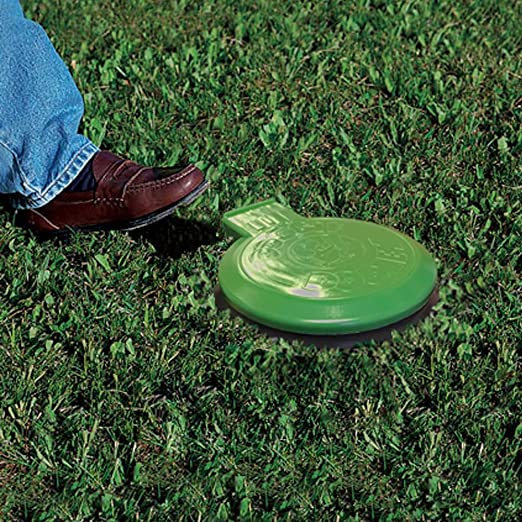
Dog owners with gardens could consider is installing a dog waste digester. All you need to do is dig a 14″ diameter hole 4 feet deep, install the digester with its foot operated lid and away you go.
I would be interesting to hear from anyone who has one of these to find out how easy they are to install and how effective they are.
And Finally – The Mayor’s Charity Concert
A date for your diary for an event not to be missed. On Saturday 5th March Rough Assembly will be performing an evening of music, songs and readings in celebration of the landscape, history and life in the West Dorset coastal area.
I was one of the lucky ones who saw the first performance of this stunning evenings entertainment in St John’s Church, West Bay and my immediately thought was that it deserves to be seen by a much wider audience. Anyone with a love of the area which we are privilaged to call home will be engrossed and thoroughly entertained.
Click on the following link to view the poster and where to get your tickets. https://www.bridport-tc.gov.uk/wp-content/uploads/2022/01/Bride-Valley-Poster.pdf

